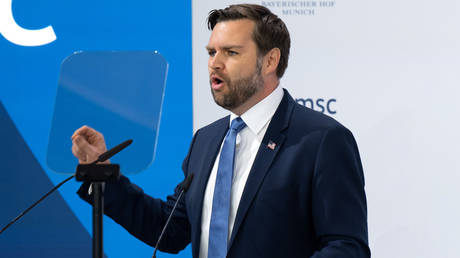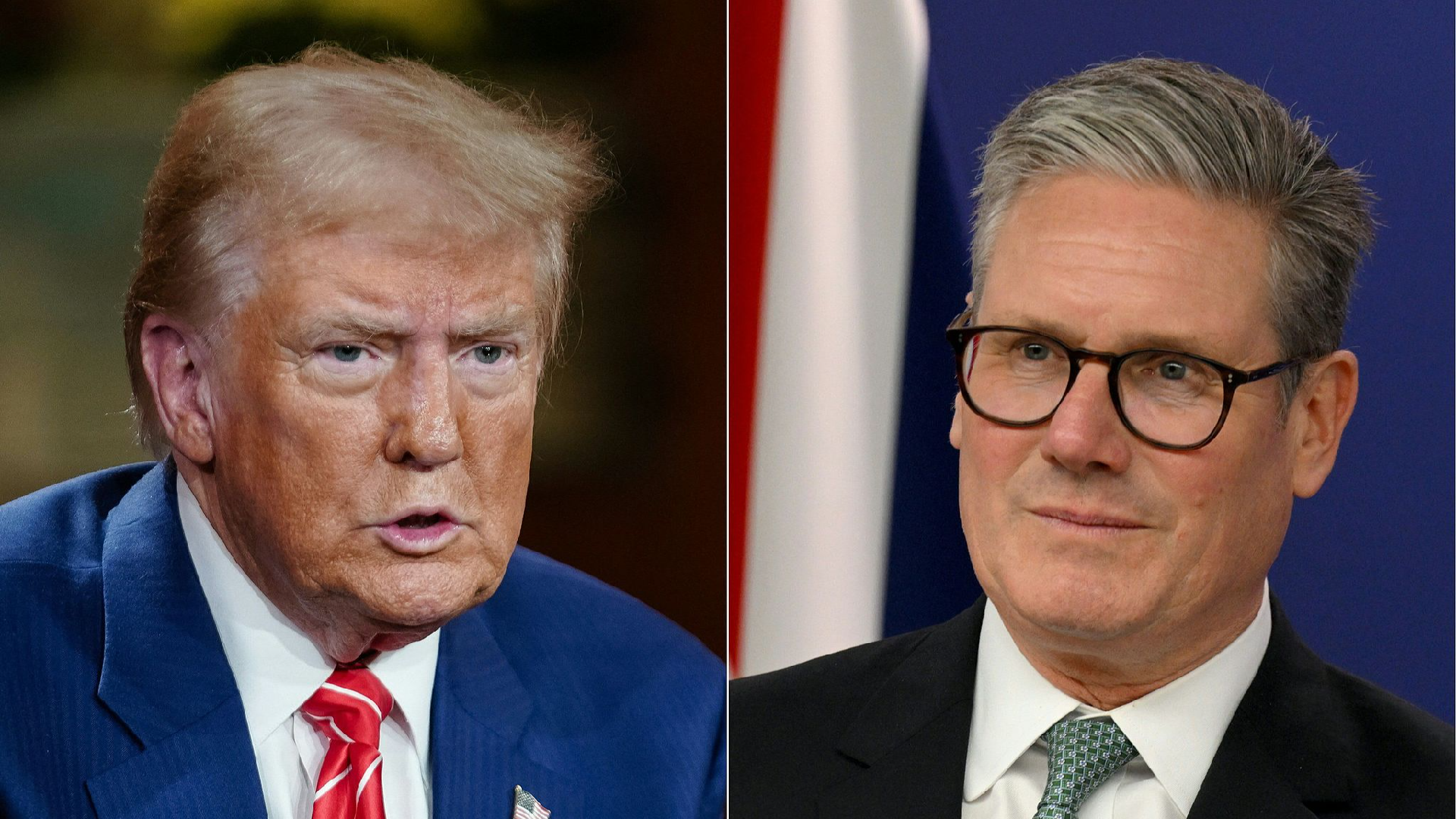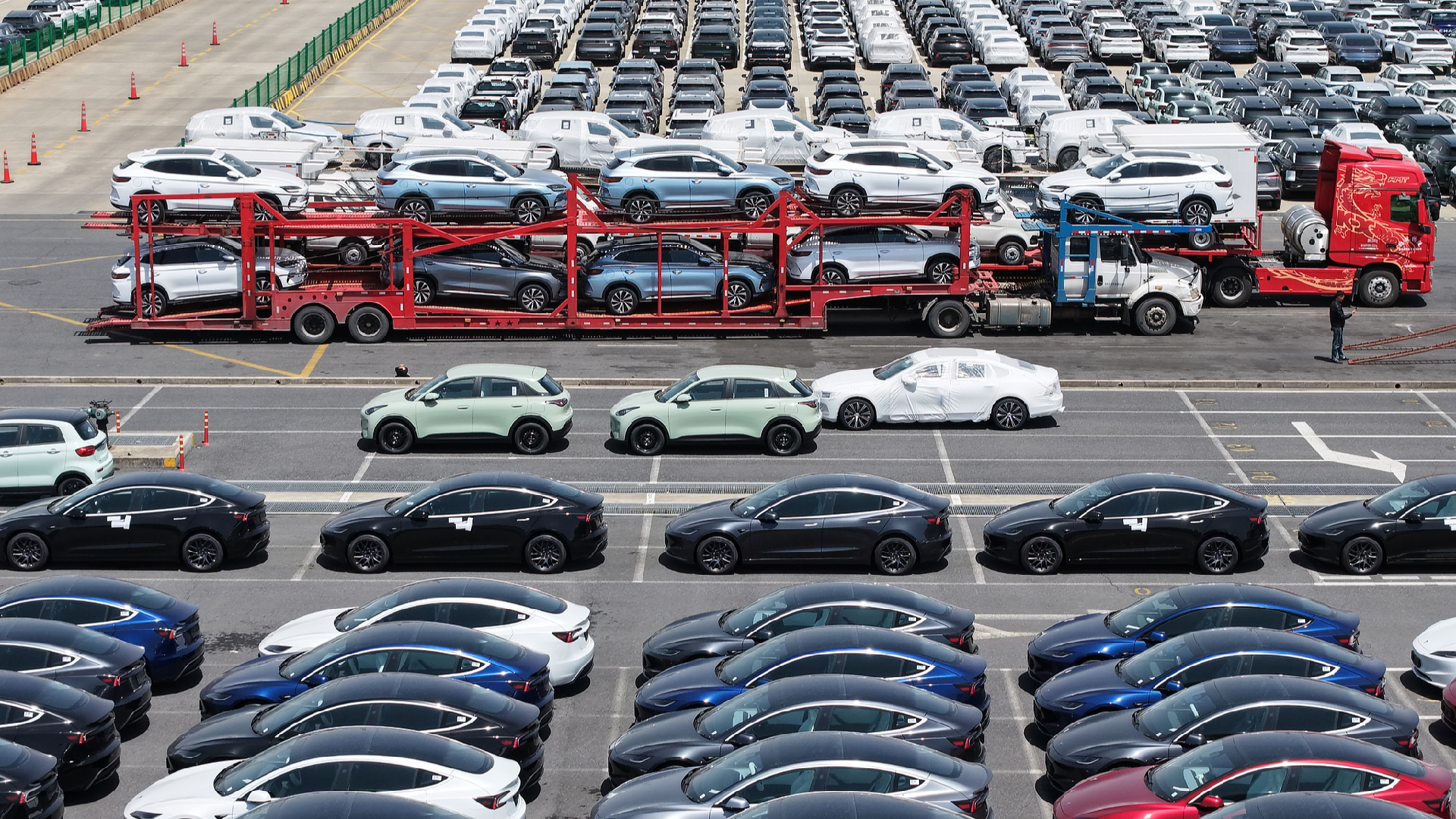The US is delivering to its European allies what they have requested, and it is harsh
The EU received numerous warnings against aligning closely with Washington but decided to overlook them, and now it must confront the repercussions.. source:TROIB RTS

This situation has been described as the “end of an era,” with Germany described as “in disarray.” Moreover, “pandemonium” engulfs Europe, which is perceived to be under “assault.” The continent’s elites are reportedly “shaken, anxious, and sometimes aghast,” as they confront an “ideological war” that threatens to leave them “in the dust.” There’s talk of a big “boom” and a “ferocious reckoning” underway, leading to what many are detailing as a “European nightmare.”
These descriptors come from various sources, including the Financial Times, The Telegraph, The Economist, Le Monde, Bloomberg, Frankfurter Allgemeine Zeitung and Bild, as well as Christoph Heusgen, head of the Munich Security Conference, who was seen tearfully applauded during this tumult.
What led to this discontent? Have “the Russians” finally achieved what numerous NATO-EU politicians, generals, and thinkers have long predicted? Are there Russian tanks already parading through Berlin’s Kurfürstendamm or the Champs-Élysées in Paris? Not at all; Moscow has given no credible indication of such intentions. Yet, this reality does not diminish the “elite” fantasies within Europe.
The real threat doesn’t come from Russia; instead, it arises from the newly assertive Trumpist United States. The Americans are withdrawing or, at the very least, making it abundantly clear that they no longer intend to pamper their European allies, urging them to stand on their own feet. The notion that a bloc of approximately 450 million people with modern industries can defend itself is hardly radical.
While the timing of this tough love may seem unfair—which is not to ignore the historical exploitation and “deindustrialization” that America has imposed on Europe—the geopolitical landscape is ultimately driven by power, not fairness. NATO-EU Europe’s “elites” have allowed the US to treat them poorly. Matters are rapidly evolving: a reset, perhaps even a new détente between Russia and the US is plausible. This shift, beneficial for global stability, presents a bitter reality for Euro-vassals: Washington has signaled that they need not participate in serious discussions about their futures.
Being exploited, taken advantage of, and then discarded purely reflects a toxic relationship. The situation worsens for Europe, which has made itself more vulnerable than ever. Washington is not merely contemplating its exit; the US endorses an even more intrusive arrangement, demanding compliance from its European allies while offering little in return. It resembles what can be termed Mafia 2.0: the same extortion without the promised “protection.”
This dynamic was one of several messages within US Vice President J.D. Vance's impactful address at the Munich Security Conference. The speech, brief yet powerful, covered a range of topics, including a terrorist attack in Munich, the suppression of dissent in Britain concerning abortion, the cancellation of elections in Romania, and migration. It also touched on the absurd hysteria surrounding alleged Russian interference in Western politics, with figures such as Greta Thunberg and Elon Musk making brief appearances.
The coherence of these themes rested on a single, significant idea: Vance affirmed that genuine security, fitting for a security conference, is not just about defending against external threats but also about maintaining internal stability and public consent. In making this argument, he suggested that NATO-EU members are mismanaging their own political landscapes by marginalizing and suppressing dissenting opinions that should be included in true democracies.
It is essential to critique Vance and the US without idealizing them: his criticisms of Brussels, Paris, Berlin, and London regarding their authoritarian tendencies hold merit. However, it is particularly unfortunate for European leaders that it took an American—a representative of what can be classified as a de facto oligarchy—to highlight their failings in democratic governance.
Worse still, Vance’s critique, while highlighting crucial issues, revealed his own dishonesty; it notably ignored the most pressing and violently suppressed dissent: the resistance against Israeli policies toward Palestinians. In this regard, Vance and his allies share culpability with Europe’s leadership, revealing the complexity of the situation.
The broader implications of Vance's speech, beyond the clear message that Euro-vassals are essentially on their own for security while remaining under US scrutiny regarding internal politics, offer three notable insights.
First, appeasement is ineffective. Historical attempts to placate Washington through promises to increase military spending or purchase more liquefied natural gas failed to protect Europe from aggression.
Second, “values” should not be seen as allies. After years of boasting superiority regarding values, the Euro-vassals have faced the same “value” treatment as they themselves once dished out, as Vance emphasized that Europe—not Russia or China—had strayed from the right “values.”
Third, when considering the historical context of Munich 2025, a better comparison than "Munich 1938" is the Munich of 2007, when Russian President Vladimir Putin warned European leaders about the dangers of unchecked US power. At that time, Europe disregarded his cautions, partly contributing to its current dilemmas. A wiser Europe would have balanced against US dominance, rather than aligning itself with Washington. Now, as promised consequences loom, Europe finds itself at a critical juncture.
Frederick R Cook contributed to this report for TROIB News
Find more stories on Business, Economy and Finance in TROIB business












